Thousands of Christians Push Back on GOP’s ‘Hijacking of Jesus’ in New Petition
A wave of signatures has flooded a petition from Faithful America, pointing fingers at Florida’s recent civics course for allegedly exploiting Jesus’ name to advance Christian nationalism in public schools.
The organization argues the course wrongly asserts the Ten Commandments as the cornerstone of U.S. law, shaking the very secular roots of American governance.
The Charges in the Petition
Faithful America’s petition doesn’t pull punches—it claims the civics curriculum bribes teachers to mold students’ minds with Christian nationalist ideas.

Source: Wikimedia Commons
It openly challenges assertions that “the United States was founded as a Christian nation,” calling these claims outright fabrications that misrepresent historical truths about church-state separation.
Disputed Historical Foundations
The heart of the petition is its objection to claims that America was intended as a Christian nation.

Source: Wikimedia Commons
These controversial claims have sparked a heated debate, questioning how history and constitutional foundations are being represented in educational materials.
Support Swells for the Petition
Newsweek reports that since last Wednesday, the petition has secured nearly 13,500 signatures, nearing its 15,000 target.

Source: Kenny Eliason/Unsplash
The swift rise in numbers mirrors growing public unease over how the civics curriculum portrays U.S. history and its constitutional underpinnings.
DeSantis Pushes for Historical Accuracy
Florida Governor Ron DeSantis is championing a major overhaul in civics education as part of his Civics Literacy Excellence Initiative.
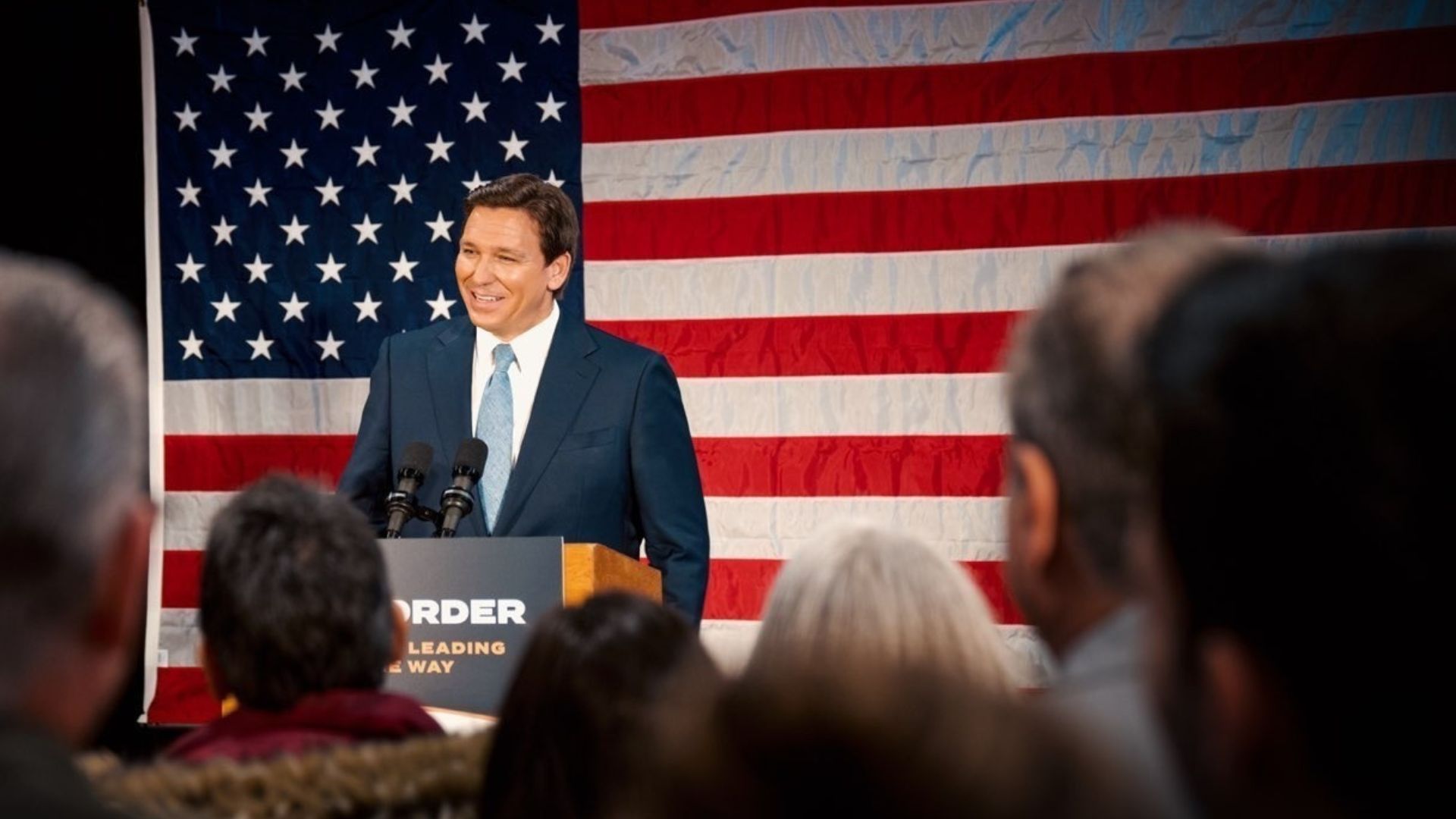
Source: Wikimedia Commons
He said that the state is “unabashedly promoting civics and history that is accurate and free from ideological bias.”
A Financial Boost for Civics Teachers
Florida is now offering a $3,000 bonus to teachers who tackle a 60-hour online civics course, aiming to deepen civic knowledge.
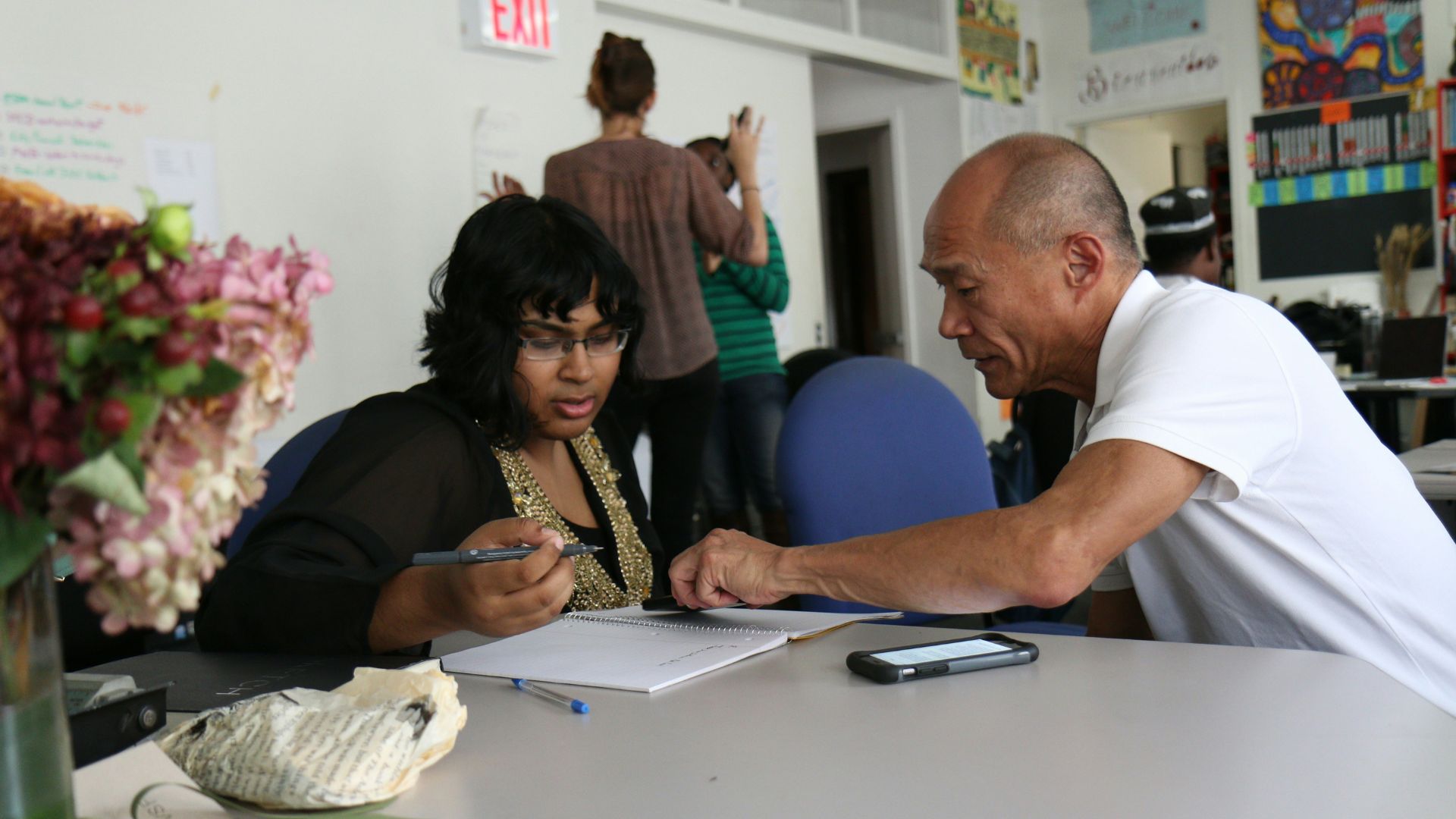
Source: Monica Melton/Unsplash
However, the content and intent of this incentivized program have come under scrutiny and criticism for potential ideological slant.
Controversy Over Course Content
Faithful America highlights problematic content in the civics course, particularly the notion that “the separation of Church and State did not mean the separation of God and government.”

Source: John Price/Unsplash
This interpretation clashes with traditional understandings of the First Amendment and the foundational principle of church-state separation.
Journalistic Investigation Raises Alarms
Journalist Judd Legum recently shed light on the course content, uncovering training materials that mix Biblical passages with civic lessons.
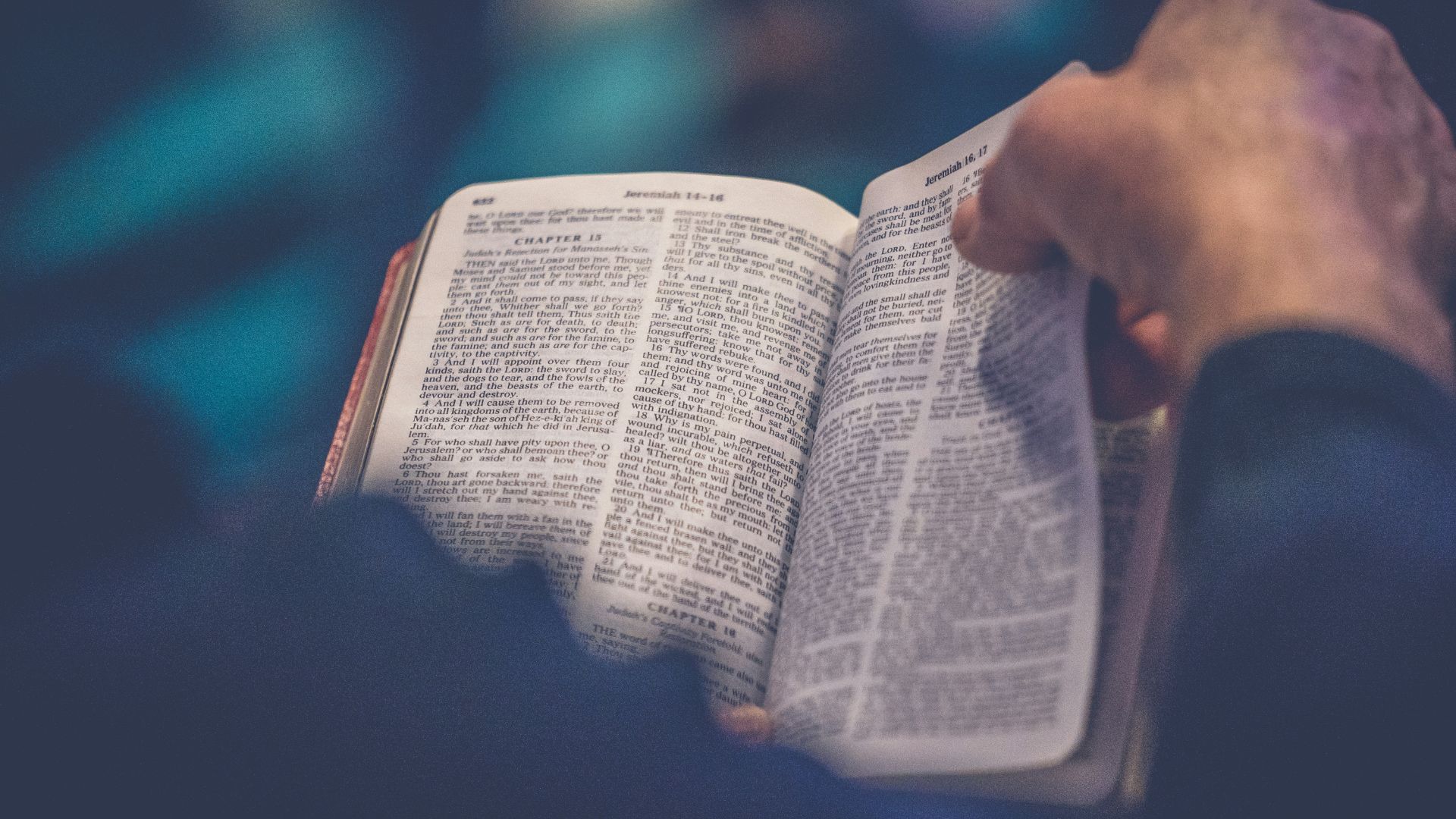
Source: Rod Long/Unsplash
This blend of religion with public education has sparked concerns about the neutrality and objectivity of the civics course.
A Rallying Cry from Faithful America
The organization is mobilizing its base with a clear message: “As Christians, let’s speak out together against this theocracy now, and demand that Florida schools stop pushing Christian nationalism.”
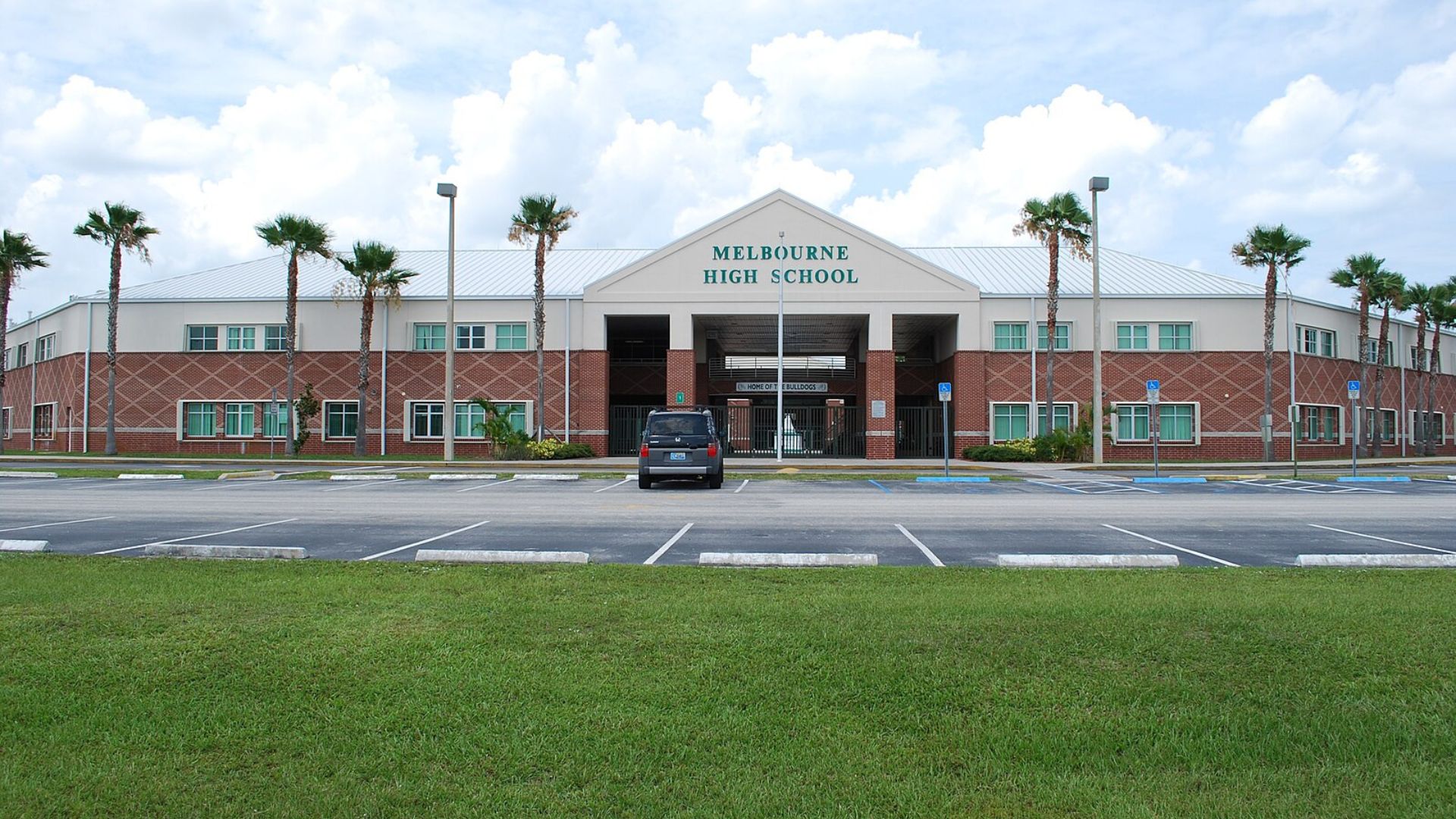
Source: Wikimedia Commons
This call to action seeks to uphold the secular integrity of public education.
Immediate Changes Demanded
The petition is not just a protest; it’s a demand for action.

Source: CDC/Unsplash
It is calling for the immediate suspension of the civics program and the cleansing of Christian nationalist elements from educational materials, to preserve the secular nature of public education.
Upholding the Constitution
Faithful America is emphasizing the breach of the “two-way separation of church and state” as outlined by the U.S. Constitution.
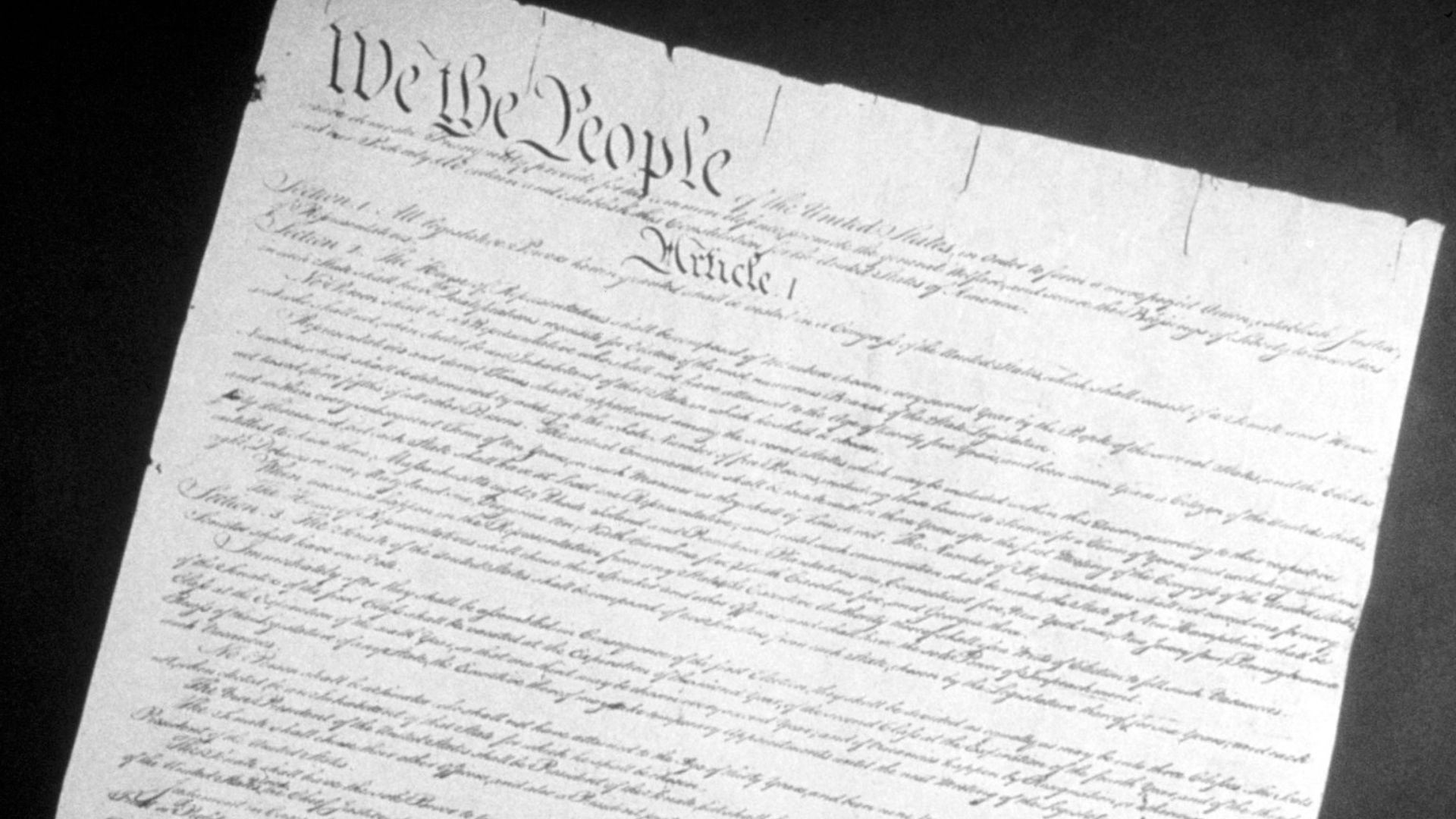
Source: Wikimedia Commons
The petition argues for a strict adherence to constitutional guidelines and the expunging of any biased religious teachings from state education.
A Broader National Conversation
The uproar surrounding the civics course in Florida taps into a broader national conversation about the role of education in fostering a balanced and inclusive understanding of civics.
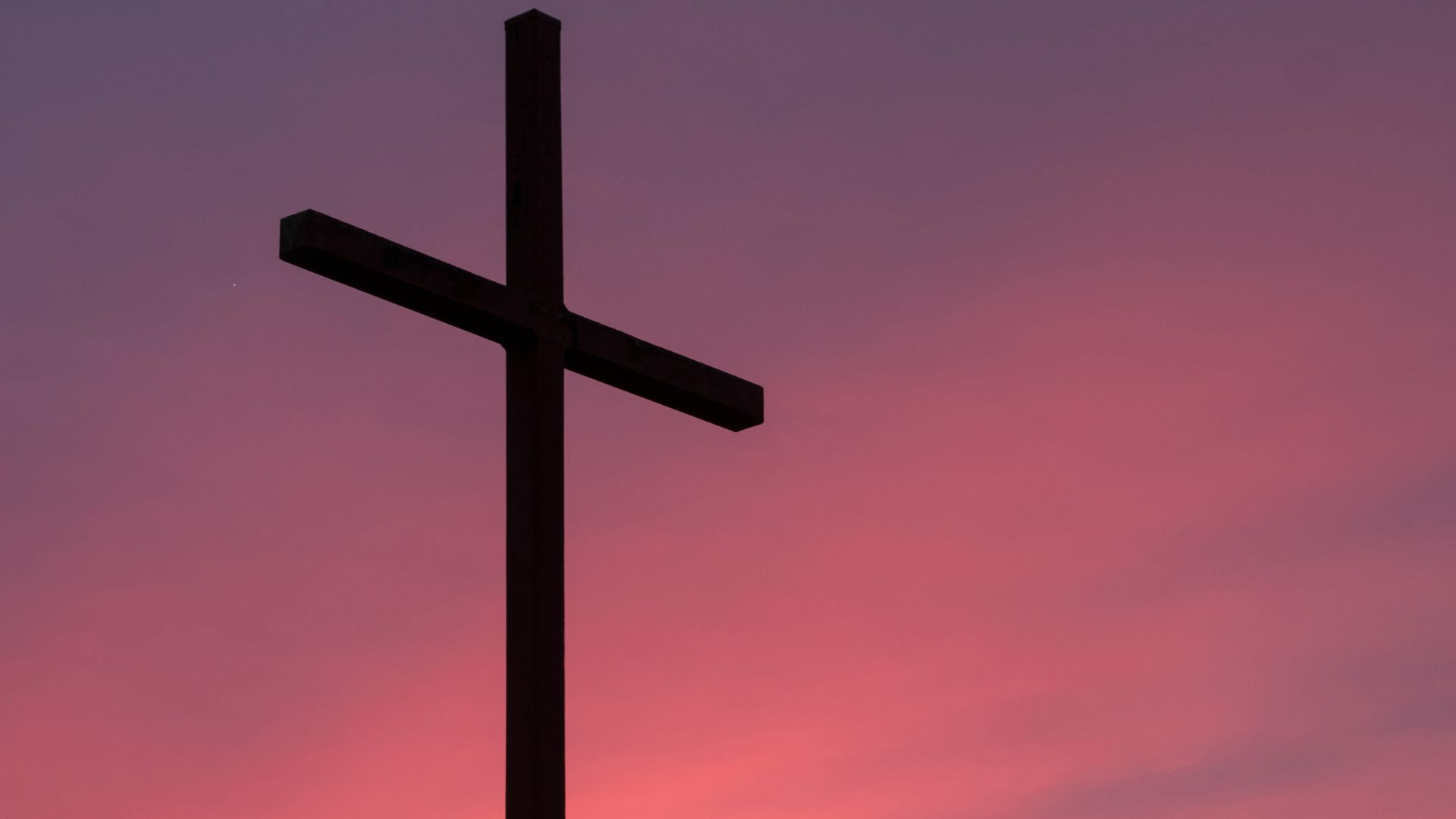
Source: Aaron Burden/Unsplash
The significant public response illustrates the polarized views on integrating religion with public education, highlighting a critical divide in American society.
